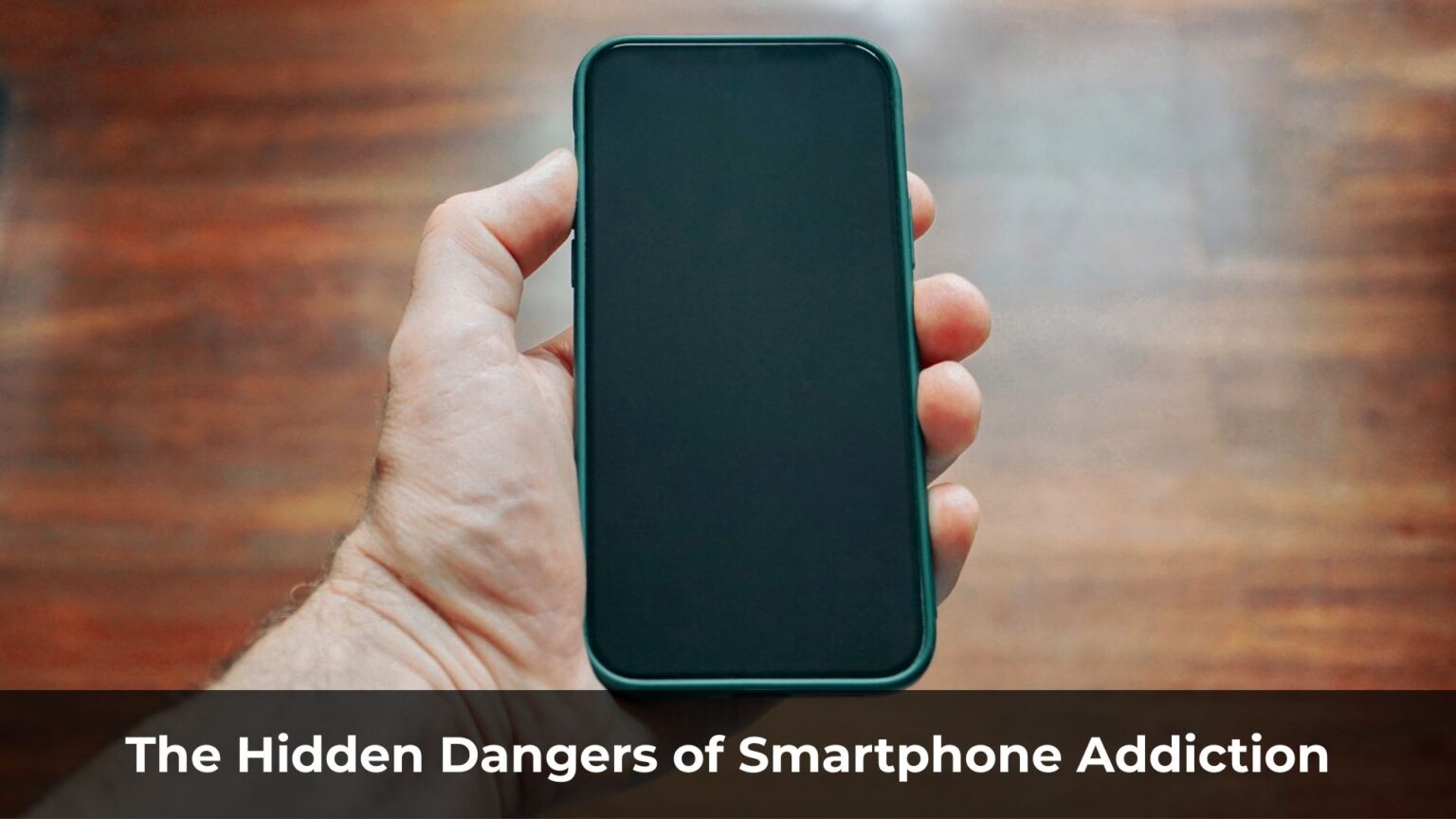To many people, gaming seems like a waste of time — even a sign of laziness. Those who don’t play, especially parents, often view video games through a negative lens. But is gaming really making people lazy and irresponsible?
Ask gamers, and you’ll hear a different story. Many claim that games sharpen focus, improve cognitive flexibility, and train the brain to think strategically — skills that, they say, help them succeed both academically and in life.
This article takes a balanced look at both perspectives — exploring the real benefits, as well as the potential downsides, of playing video games.
Table of Contents
ToggleDoes Gaming Really Make You Lazy?
Video games — or esports — share some similarities with traditional sports. When played casually for fun, they usually don’t cause much harm.
But here’s the catch: if people only played games for fun, game companies wouldn’t make much money. That’s why developers work hard to make games as addictive as possible — the more hooked players are, the more profitable the games become.
A few decades ago, most games were simple and relatively harmless. They lacked the addictive features we see today, so playing them didn’t have much of an impact on one’s lifestyle or habits.
Today, however, gaming has evolved into a massive industry. Game developers are constantly introducing new mechanics designed to keep players engaged — sometimes obsessively so. As a result, many young people fall into gaming addiction without even realizing it.
They begin spending hours in front of a screen, neglecting other important aspects of life. Instead of walking, exercising, or socializing, they might spend entire afternoons or evenings gaming — a habit that can have serious consequences over time.
Can “Controlled Gaming” Be a Healthy Form of Entertainment?
In theory, yes — playing games in moderation can be a way to relax and unwind after a long day. That’s the argument you’ll often hear.
But behind every game is a company — and behind that company is a team of employees working tirelessly with one goal: to keep you playing so they can keep profiting. They’re not designing these games with your well-being in mind.
Some games even display warnings like, “Playing more than 180 minutes a day may negatively affect your health.” But let’s be honest — those warnings are there to avoid legal scrutiny, not because the developers genuinely care about your health.
It’s no different from cigarette packaging that says “Smoking causes lung cancer.” These labels exist to protect the company, not the consumer. At the end of the day, their business only thrives if you keep consuming.
So when someone says “controlled gaming,” it’s a bit like saying “controlled smoking.” The harm is still there. Walking away entirely might just be the better option.
There are plenty of other ways to relax and have fun — ones that won’t quietly drain your time, health, and focus.
Games Create a Distorted Sense of Progress and Reward
In many games, a small effort quickly leads to a reward — maybe you level up, earn new gear, or rise in the rankings. That instant gratification feels good. It gives players a quick dopamine hit that mimics real achievement.
Some games even show you a visible experience bar (EXP). Every time you defeat an enemy, that bar inches forward. It creates a constant illusion of progress — a subtle trick that keeps you hooked.
This leads to a false sense of accomplishment. A tiny effort is instantly rewarded, and that feeling of “winning” becomes addictive.
But real life doesn’t work like that. In the real world, success often requires tremendous effort, patience, and persistence — and even then, failure is always a possibility.
As a result, people start to prefer the game world, where the rules feel easier and the rewards are immediate. Meanwhile, real life — with all its frustration, effort, and uncertainty — begins to feel dull and exhausting by comparison.
What starts as “just a little gaming for fun” gradually becomes dependency. Like trying a drug for the thrill — until one day, you realize you can’t quit.
Gaming Is Incredibly Easy and Convenient
In the past, finding a game to play wasn’t so simple. But today? All it takes is unlocking your phone — and there are hundreds of thousands of games at your fingertips, ready to entertain you anytime, anywhere.
Compared to that, most real-life activities just don’t feel as compelling.
Go for a run? Take a walk? Visit a park or a bookstore? Those things can’t compete with the instant thrill of high-quality games on your phone or computer.
And what about learning a new skill, improving your English, or taking on a side hustle? Those things aren’t exactly “fun” — they require effort, planning, and often come with stress.
Studying or working demands patience and discipline. Gaming, on the other hand, is just one tap away.
And let’s not forget — these games are carefully designed to be addictive. They’re optimized to hook you, to keep you playing, so the developers can earn as much money from you as possible.
Gaming Feels Safe — Even When You Fail
In games, failure is easy to brush off. Lose a match? Just restart. There’s no real consequence, no lasting discomfort. But in real life, failure often carries a much heavier weight.
Fail a university entrance exam? You don’t get to hit “retry.” There’s no rewind button — only time lost and doors potentially closed.
Start a business and it collapses? That’s not just game over — that’s debt, stress, and real-life consequences. There’s no “new game” button. You have to carry the burden forward.
In online games, if you offend someone, you can simply create a new character, change your username, and disappear into anonymity.
But in real life? Upsetting your boss could affect your entire career. Disappointing your family can turn your home into a tense, uncomfortable place. Losing a friend due to careless words or actions might mean losing that relationship forever.
Games offer a world with no real risks — and that illusion of safety can be dangerously comforting. The more time someone spends in that risk-free world, the less motivation they may feel to engage with the messy, uncertain challenges of the real one.
Gamers Are Prone to Developing Passive Habits
Once a habit is formed, it’s incredibly hard to break. Habits have a way of taking over — pulling people back into the same patterns, again and again.
Spending hours gaming, leaning back comfortably in a chair, day after day — over time, that comfort turns into a deeply ingrained routine. And that routine can follow you for life.
If you’re sitting still for 3, 4, even 8 hours a day, your body begins to adapt to that posture, that lifestyle.
And the more you get used to that stillness, the harder it becomes to find motivation for real-life activities — like walking, exercising, working, or even engaging with people. You lose energy for the things you should be doing.
In Japan, there have been many reports of young men unable to find stable employment, choosing instead to shut themselves in their rooms and play games all day. Their basic needs — food, laundry, and everything else — are taken care of by their aging parents.
Some of them are over 30. Some are over 40. And yet, they spend every day locked indoors, lost in games. They use gaming to escape from a harsh reality — the pressures, failures, and uncertainty of adult life.
The more they play, the more addicted they become. And the more addicted they are, the more they play — moving from one game to the next, endlessly. A cycle with no clear way out.
The Undeniable Benefits of Gaming
Let’s start with the biggest benefit: video games generate massive profits — especially for game publishers and development companies.
Gaming has also boosted the power industry and helped hardware companies sell more computers, phones, and accessories.
As someone who works in business, I have to admit — from a purely profit-driven perspective, the gaming industry is incredibly lucrative. Mobile games, in particular, are a goldmine: they cost far less to develop than PC or console games, yet can bring in enormous revenue.
And gamers? They’re the perfect “customers” — loyal, predictable, and willing to spend.
That’s why some companies have funded research studies that highlight the supposed benefits of gaming, such as:
- Improved focus (while playing games)
- Better problem-solving skills (within the game)
- Enhanced hand-eye coordination (during gameplay)
Yes, it’s true — gamers are often highly focused, sitting upright and intensely serious… but only when gaming. When it’s time to work? Suddenly they’re sleepy, distracted, and can’t wait to go home. How’s a boss supposed to feel about that kind of productivity?
Sure, gamers may solve complex in-game challenges. But can they handle real-life problems with the same level of skill and calm?
Yes, gaming can improve hand speed and visual reflexes. But after hours of screen time every day, nearsightedness is almost inevitable.
How to Find Balance Between Gaming and Real Life
Cut down your gaming time. Move more, get outside, exercise. Spend more hours working on your goals, learning new skills, or exploring the world around you.
We’ve all heard this advice before. But let’s be honest — most people don’t follow it. The ones who do? More often than not, they’re the ones building successful careers and meaningful lives.
Saying it is easy. Doing it is the hard part.
I knew a guy who realized he was addicted to gaming. So he packed up all his gaming gear and stored it in the attic. Whenever the craving hit, he had to climb up there, haul everything down, plug it all back in… and by the time he finished, the urge to play was already gone.
Over time, he played less and less — and eventually quit altogether. Sometimes, a small barrier is all it takes to break the cycle.
If you’re struggling with gaming addiction — or know someone who is — try this method. And if that’s still not enough, stay tuned. I’ll be sharing stronger, more effective strategies right here on this site.













